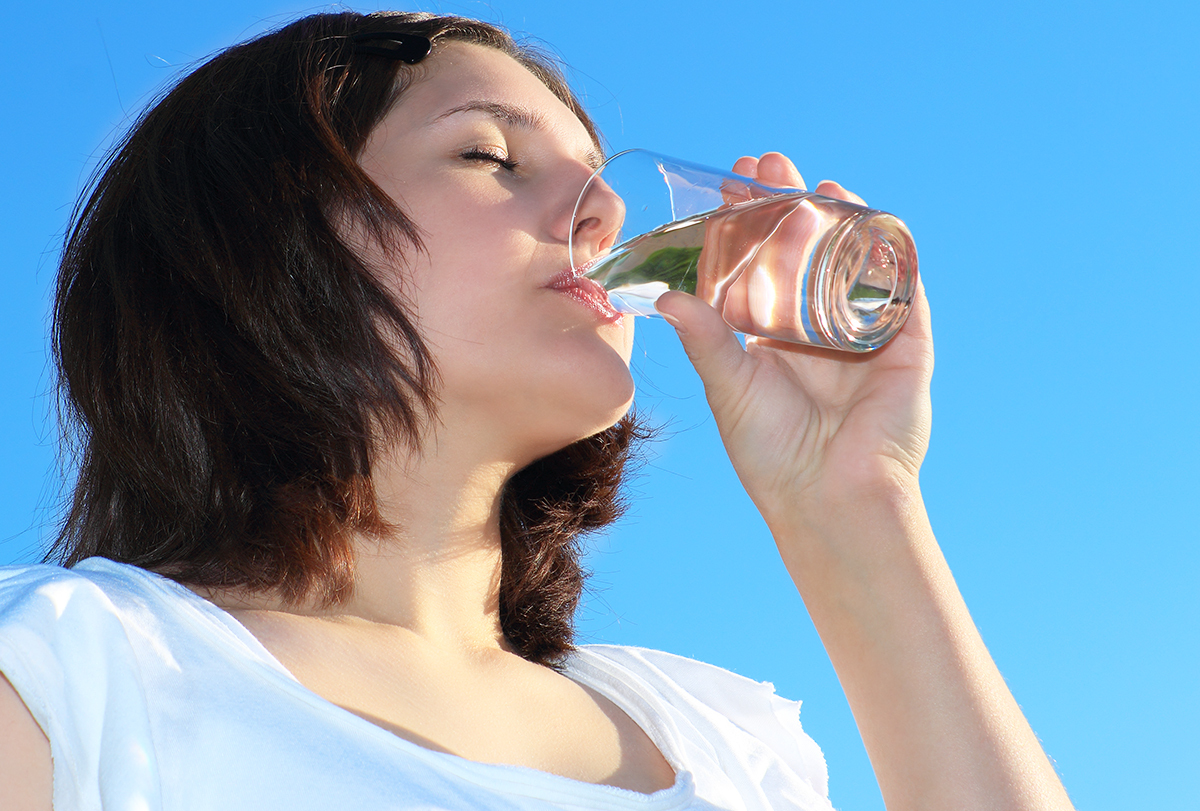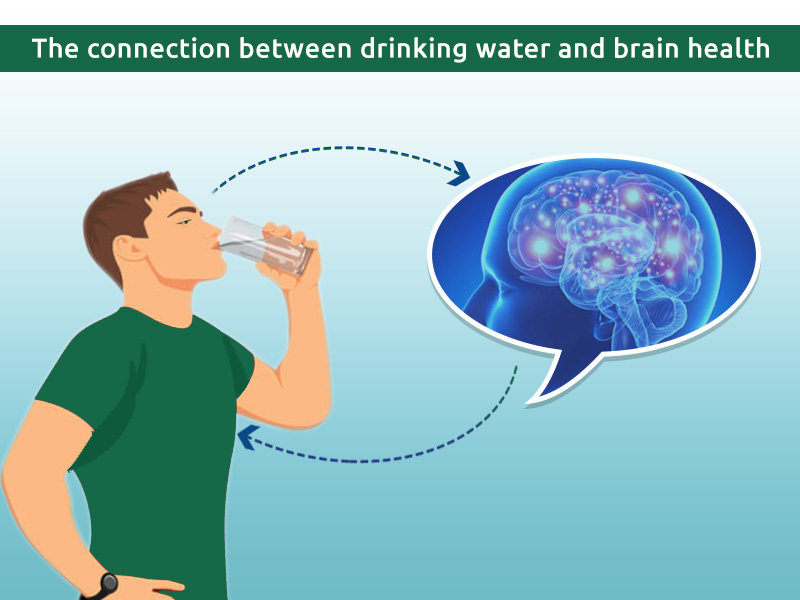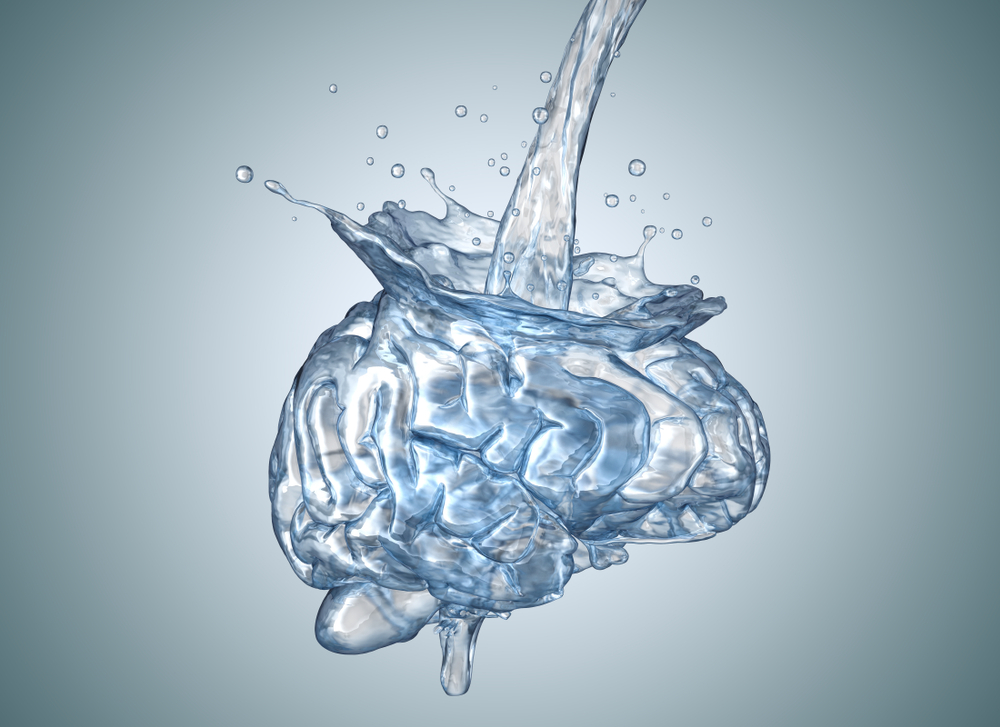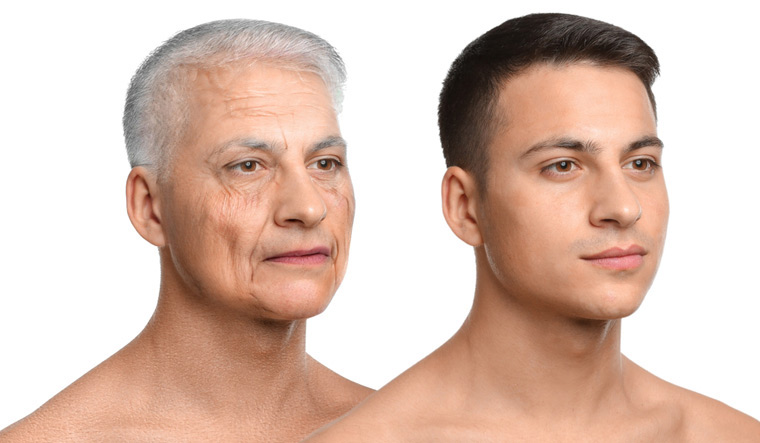
HEALTH
7 Health Benefits of Water Backed by Scientific Research
- Admin
- Aug 17, 2023

7 Health Benefits of Water Backed by Scientific Research
1. Water Protects Your Tissues, Spinal Cord, and Joints
Water does more than just quench your thirst and regulate your body’s temperature; it keeps the tissues in your body moist, You know how it feels when your eyes, nse, or mouth gets dry? Keeping your body hydrated helps it retain optimum levels of moisture in these sensitive areas, as well as in the blood, bones, and brain, according to the U.S. Geological Survey. In addition, water helps protect your spinal cord, and it acts as a lubricant and cushion for your joints.
2. Water Helps Your Body Remove Waste
Adequate water intake enables your body to excrete waste through perspiration, , and defecation. Water helps your kidneys remove waste from your blood and keep the blood vessels that run to your kidneys clear, according to the Water is also important for helping prevent , points out the . However, as , there is no evidence to prove that increasing your fluid intake will cure, as many factors are involved.
3. Water Aids in Digestion
Water is important for healthy digestion. As the Mayo Clinic explains, water helps break down the food you eat, allowing its nutrients to be absorbed by your body. After you drink, both your small and large intestines absorb water, which moves into your bloodstream and is also used to break down nutrients. As your large intestine absorbs water, stool changes from liquid to solid, according to the Water is also necessary to help you digest soluble . With the help of water, this fiber turns to gel and slows digestion, contributing to a longer-lasting sense of fullness.

4. Water Prevents You From Becoming Dehydrated
Your body loses fluids when you engage in vigorous exercise, sweat in high heat, or come down with a fever, or contract an illness that causes vomiting or diarrhea, according to the . If you’re losing fluids for any of these reasons, it’s important to increase your fluid intake so that you can restore your body’s natural hydration level. Your doctor may also recommend that you drink more fluids to help treat other health conditions, like bladder infections and urinary tract stones. If you’re pregnant or nursing, you may want to consult with your physician about your fluid intake because your body will be using more fluids than usual, according to the , especially if you’re

5. Water Helps Your Brain Function Optimally
Ever feel foggy headed? Take a sip of water. Research shows that is a drag to memory, attention, and energy, per a small . It’s no wonder, considering H2O makes up 75 percent of the brain, the authors point out. One reason for that foggy-headed feeling? “Adequate electrolyte balance is vital to keeping your body functioning optimally. Low electrolytes can cause issues including muscle weakness, fatigue, and confusion,” says a functional medicine physician in New York City.

6. Water Keeps Your Cardiovascular System Healthy
Water is a huge part of your blood. (For instance, plasma — the pale yellow liquid portion of your blood — is about 90 percent water, notes) If you become dehydrated, your blood becomes more concentrated, which can lead to an imbalance of the electrolyte minerals it contains (sodium and Potassium), according to says , , founder of the Blum Center for Health in Rye Brook, New York. These electrolytes are necessary for proper muscle and heart function.
“Dehydration can also lead to lower blood volume, and thus blood pressure, so you may feel light-headed or woozy standing up,” Dr. Blum says.
In fact, a suggests that optimal hydration may actually slow the aging process in humans, partly due to these cardiovascular benefits, though researchers noted that more study is needed to validate the findings.

7. Water Can Help You Eat Healthier
It may be plain, but it’s powerful. In a study of more than 18,300 American adults, people who drank just 1 percent more water a day ate fewer calories and less sugar, sodium, and cholesterol, according to one Water may help fill you up, especially if you drink it before eating a meal, a notion that was backed up in a small of 15 young, healthy participants.
How Much Water Do You Need?
The recommends that men consume 3.7 liters (15.5 cups) and women get 2.7 liters (11.5 cups) of fluids per day, which can come from water, beverages in general, and food (such asr going to the bathroom, look at the color of your urine. If it is very pale yellow to light yellow, you’re well hydrated. Darker yellow is a sign of dehydration. Brown or cola-colored urine is a medical emergency, and you should seek medical attention.










